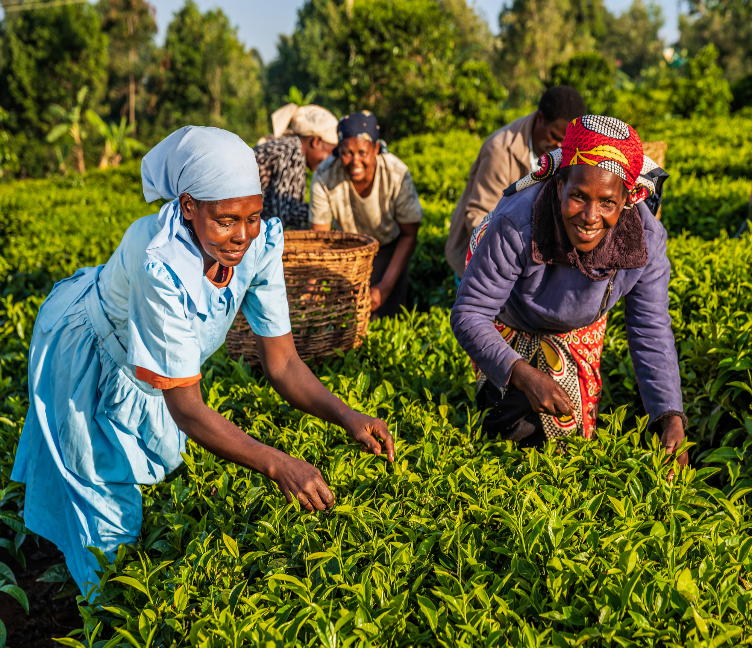Driving Change: Promoting Women's Participation and Gender-Responsive Policies in the Insurance Industry.

Despite the potential for increased profitability and the global commercial opportunity offered by the women's market, the insurance industry in developing countries is confronted with significant challenges when it comes to addressing gender diversity and equality. Despite the IFC's SheforShield report indicating that women are more profitable clients, the industry continues to struggle with gender-based wage gaps and inequalities, which not only hinder women's potential in the industry but also limit their contribution to the broader economy. According to the report, the global insurance market has the potential for significant expansion, with premiums projected to rise from USD 800 billion in 2013 to as high as USD 1.7 trillion by 2030. Emerging markets are expected to contribute to about half of this growth by leveraging the potential of women as valuable clients. By assisting women in managing risks, accessing finance, and building more resilient businesses, the insurance industry can play a crucial role in empowering women.
It has become clear that an integrated approach to supporting gender inclusivity is by boosting the number of women working in the insurance sector. This shift towards a more balanced workforce could contribute to better performance, increase profitability, foster innovation, and facilitate the development of insurance solutions tailored to meet the needs of the female demographic. This viewpoint aligns with the discussions held at the 2023 World Bank Group (WBG) and International Monetary Fund (IMF) Spring Meeting titled "Expanding Opportunities for Women's Leadership." Panelists emphasized the crucial role of investing in women as economic drivers and agents of positive change. They stressed the significance of creating opportunities for women to assume leadership positions, as this not only stimulates economies but also generates desired outcomes such as heightened productivity, innovation, and overall economic growth.
By actively incorporating women's perspectives and input throughout the insurance value chain, from the initial stages of product conceptualization to the final sales, the industry can gain a deeper understanding of and cater to the risk mitigation concerns of female clients. This approach is particularly vital for women in the low-income segment, who often face additional vulnerabilities.
To support insurance companies in Africa in accomplishing this objective, the World Bank Group's GIIF and the IFC Women's Insurance Program have joined forces with the Federation of African National Insurance Companies (FANAF) to launch a gender initiative. This initiative aims to foster gender diversity and equality within the insurance industry across the FANAF region, covering more than 28 African countries. It forms a part of the broader IFC’s efforts to expand women's access to insurance and enhance their employment opportunities within the sector. Leveraging IFC’s experience collaborating with key stakeholders in emerging markets, IFC will provide technical support and assistance to FANAF to achieve this goal.
GIIF’s market research conducted in Nigeria and Zambia revealed that women farmers preferred women agents who have a deeper understanding of their unique needs and challenges. Women agents have the ability to contribute valuable insights as professionals, as well as individuals who fulfill roles as mothers and caregivers. Their perspectives play a crucial role in shaping the development of insurance products that effectively cater to the requirements of women. Aligned with GIIF's commitment to delivering innovative insurance solutions for women, this new project will focus on supporting FANAF in its promotion of policies that increase gender equality and the representation of women in managerial positions. By doing so, it aspires to transform the African insurance industry into a more prosperous and sustainable sector that offers enhanced opportunities for women within the insurance industry across the FANAF region.
This initiative holds significant potential for establishing frameworks, systems, and policies that could actively enhance the representation of women in the insurance industry and create a more equitable playing field for them within the sector. By incorporating women's insights and perspectives on the challenges faced by women, this inclusive approach can drive meaningful change and contribute to the development of insurance solutions that effectively address the diverse needs of women. Through these collective endeavors, we can strive towards a more inclusive and empowering insurance industry.
